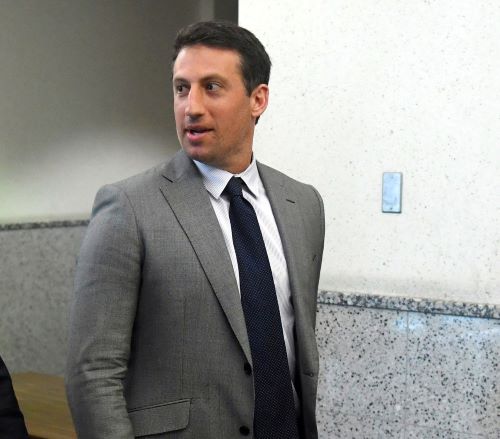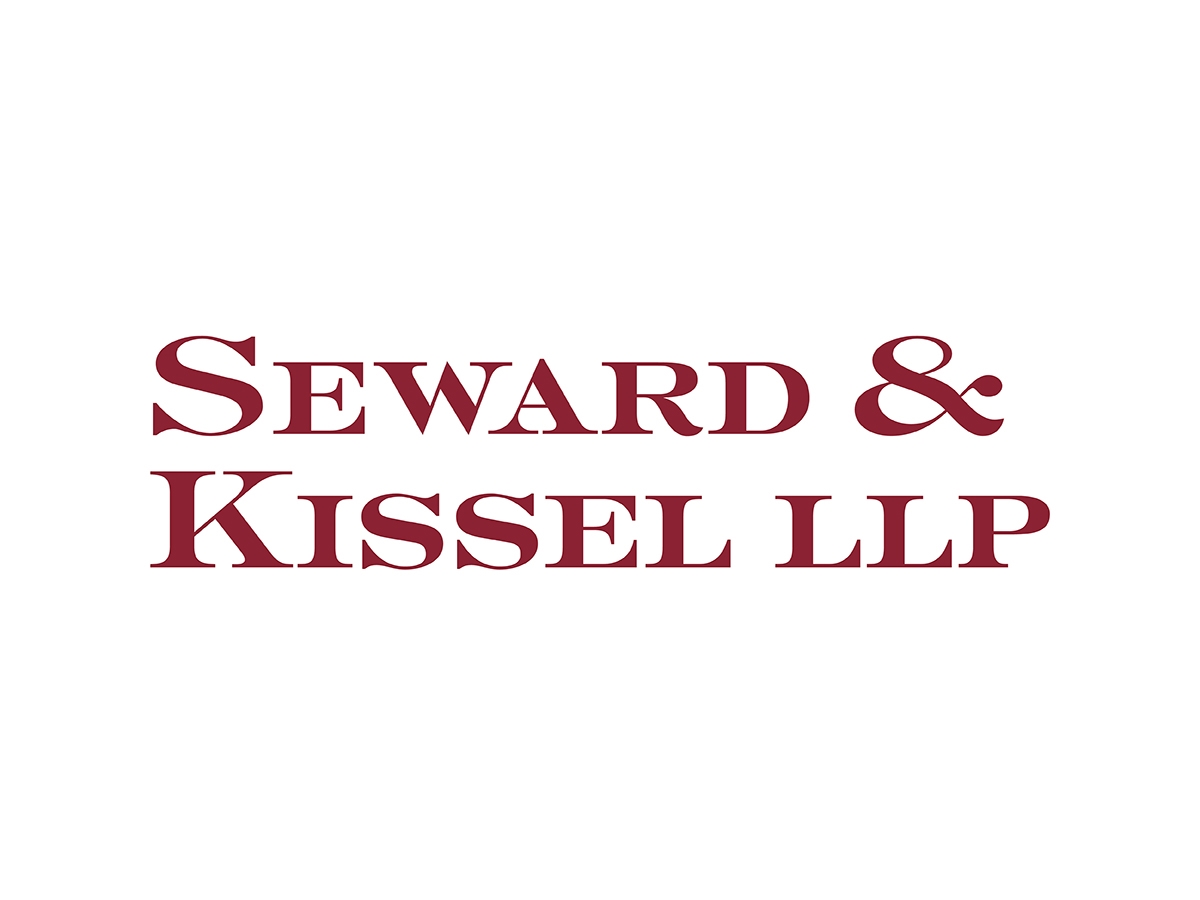Fair, Reasonable and—Unlike the Whisky Wars—Not Over Yet
“The standard essential patent (SEP) wars may feel like they have been going on for almost as long as the Whisky war between Denmark and Canada. They are not as close to resolution, but 2022 has seen some progress.”
The past year has proven a difficult one for many. Russia’s invasion of Ukraine and the death of the UK’s longest reigning monarch are among the things for which the year will be remembered. But amid those dark days, one less known event shines like a tiny candle of hope: the end of the Whisky War.
For 50 years, Canada and Denmark have been in dispute over the ownership of Hans Island: a battle in which the principal weapons have been strong drink and a sense of humor. Uninhabited, barren and a little over a kilometer long, Hans Island lies between Greenland and Ellesmere Island. In the 1980s, Canadian soldiers opened hostilities by planting the maple leaf flag and depositing a bottle of Canadian whisky on the island. A visiting Danish contingent drank the whisky and replaced it with a bottle of schnaps. The two countries took turns in exchanging dangerously alcoholic beverages until, on June 10 this year, they agreed to divide the island in half.
And so, Canada and Denmark, each of whom previously had a land border with only one other country (the United States and Germany, respectively) now have a second land border, with each other. You could win a few bets over Christmas with that information.
The standard essential patent (SEP) wars may feel like they have been going on for almost as long as the Whisky war. They are not as close to resolution, but 2022 has seen some progress.
1) The automotive licensing level disputes fizzle out
When two industries with different traditions come together, some friction is inevitable. The automotive industry operates a tightly controlled supply chain, and the OEM vehicle makers have the buying power to push responsibility for IP licensing largely onto their suppliers. But in the telecoms world, standards-related IP rights (IPR) licensing is the responsibility of the manufacturer of the end user product. So, when the automotive industry adopted cellular technology, would one or the other licensing model prevail? Or, like Canada and Denmark, would they find some middle ground?
It was agreed fairly quickly that any licenses should cover the whole automotive supply chain, but the question remained: with whom should those licenses be negotiated? Would it be enough for a standard essential patent (SEP) licensor to make offers to the OEM car makers? Or should the SEP licensors be compelled to offer exhaustive licenses to the upstream component makers? Avanci, a patent pool which covers the portfolios of many SEP owners, offers a license to the OEM vehicle makers. Nokia had made offers to OEM vehicle makers, and to Tier 1 suppliers, but not to Tier 2 or other suppliers in the chain. Was this anti-competitive?
The battle was fought in the U.S. courts between automotive supplier Continental, and Avanci and Nokia. It was argued in the German courts between Nokia and Daimler, and in the European Commission, when some of the Automotive Tier 1 companies (including Continental) sought to bring a complaint against Nokia.
Much of the heat was taken out of the dispute when Daimler opted to take a license from Avanci. A flood of other OEM car makers followed, so that by summer 2022 almost all of the major car makers had an Avanci license. The European Commission did not open an investigation. That left Continental fighting a lonely battle in the US. Unsuccessful at first instance and on appeal, in October 2022 it cut its losses and elected not to petition the US Supreme Court.
So, 2022 saw the end, at least for now, of the SEP licensing level dispute.
2) China and the UK dig in on jurisdiction
Last year, China’s Supreme Court decided, in Oppo v Sharp, that Chinese courts could determine global royalty rates for portfolios of SEPs even without the consent of the SEP owner. Oppo sought to use this finding to challenge jurisdiction in its UK case with Nokia. Nokia had asserted three standards-essential patents against Oppo in the UK, and sought injunctions on the basis that it had made FRAND offers. Oppo responded by starting a rate-setting case in Chongqing, and undertaking to Nokia that it would enter a license at the rate set by the Chinese court. Oppo challenged the jurisdiction of the English court, alternatively asking for a stay. At first instance Hacon J dismissed the challenge. Oppo appealed, and the Court of Appeal heard the appeal in July 2022.
Oppo argued on the appeal:
- that the English Court should refuse jurisdiction on the basis that England was not the convenient forum for the dispute. The real dispute, Oppo argued, was the royalty payable under a global license, and that could be heard in Chongqing.
- Alternatively, the English court should stay the case pending the outcome in Chongqing.
The Court of Appeal did not accept that the dispute was purely related to the terms of a global license. It characterised the UK case as a claim for infringement of UK patents. This was in line with its views in the well know Unwired Planet case. The difference here was the new preparedness of China to determine global FRAND rates. This did not change the UK Court’s approach. Arnold LJ felt that if the case in the UK was really only a rate setting case, there would be no need for patent trials.
As the case related to UK patents and not only to FRAND, it was unnecessary to consider whether Chongqing was an alternative forum. Even if this had been a case about rates, then because the determination for a global FRAND rate is not tied to any particular country, that would not be sufficient to prevent England as also being an appropriate forum.
The request for a stay was also dismissed. Arnold LJ felt that delay or efficiency were matters that Oppo could control themselves. If they wanted a cheaper and quicker resolution, they could have accepted arbitration, or agreed that the English court could go straight to a FRAND determination.
3) The end of the ASI?
2020 and 2021 saw the rise of the anti-suit injunction (ASI) as a tactic. Where two parties start actions in more than one court, an anti-suit injunction is an order from Court A to a party ordering it to terminate the proceedings before Court B. ASI’s have largely been neutralised by anti-anti-suit injunctions (AASIs). An AASI is an order from Court B to the party who obtained the ASI, ordering them to withdraw the ASI.
In the UK, Philips obtained an AASI against Oppo. Philips was asserting patents against Oppo in the UK. Following the Oppo v Sharp decision in China’s Supreme Court, Oppo had given press releases to suggest that this decision, and the availability of anti-suit injunctions, was a major win for implementers such as Oppo. Philips asked the UK court to grant an AASI pre-emptively, before Oppo could seek an ASI which might compel Philips to withdraw a patent action in the UK.
Oppo argued that its views had changed: it told the Judge that it had not sought anti-suit relief in any court since and neither it nor any associated company has any intention to do so again; i.e. they had no intention to apply to the courts for anti-suit style relief so as to preclude parallel patent infringement lawsuits linked to FRAND. Meade J welcomed the statement but noted that it was quite carefully worded: it was not a commitment and allowed Oppo to change its mind.
So, because Oppo had a history of seeking ASIs, and because it did not give a commitment against doing so in this case, the English court was prepared to grant an AASI pre-emptively.
It seems that we have reached the point where any ASI can be met with an AASI, and indeed AASIs will be granted pre-emptively against companies who have a record of seeking ASIs. This may be the last time we see ASIs used at an early stage of proceedings. The next time they may be deployed is after a Chinese rate setting judgment, and that may be something we see in 2023.
4) The UK holds its breath on FRAND
Two large FRAND cases have happened in 2022. The Interdigital v Lenovo FRAND trial took place in January and February in the UK before Mellor J. The Apple v Optis FRAND trial took place in June in the UK before Marcus Smith J. We are still awaiting the judgments in each case. These will be the second and third times that a UK court has ruled on a FRAND rate for cellular standards essential patents.
In both cases, the FRAND determination included a comparable licenses analysis and a top-down analysis. One interesting feature of the Interdigital trial was the use of volume discounts as part of its licensing programme: the court may have views on to what extent it is FRAND that a large licensee is offered a lower rate. In Optis v Apple, the same question arose but from the other side: are Apple’s in-licenses infected with hold-out and are they artificially low as a result? A considerable amount of the evidence was devoted to examining to what extent Apple used its buying power to obtain potentially sub-FRAND rates. We await the decisions with interest.
Image Source: Deposit Photos
Image ID: 148797015
Author: belchonock






